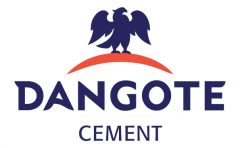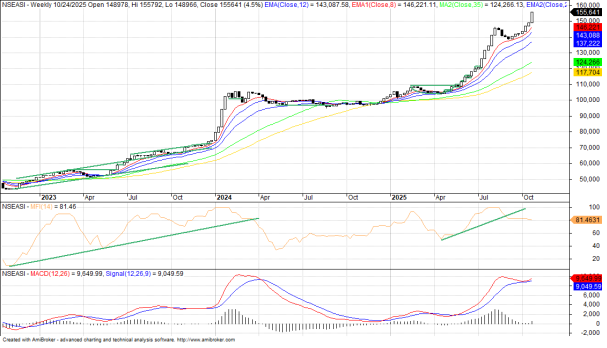
• Participants To Provide 5-Year Guarantee
Finance Minister, Mrs. Kemi Adeosun, on Thursday said the Road Tax Fund, which is a tax relief scheme approved by the Federal Executive Council (FEC) at its meeting, is part of efforts to attract more significant private sector investment into road construction.
The concept designed jointly by the Federal Ministries of Finance, as well as Power, Works and Housing, she explained would help unlock socio-economic development, while “facilitating investment and inclusive economic growth across” the country.
Specifically, the RTF, which replaces the infrastructure tax relief scheme, is expected to “facilitate and incentivise private sector involvement in the provision of Nigeria’s Federal road infrastructure, by “allowing private sector operators to collectively fund road provision in exchange for tax credits.”
According to its concept note, the fund billed to ensure improved funding of road provision and development nationwide will complement budgetary allocation to roads and reduce pressure on government revenue, even as participants would guarantee the road for five years beyond maintenance.
It is expected to also allow “for cost reduction by providing a new benchmark in road costing. Private sector participation in what was previously a Federal Government monopoly will create more efficient delivery of road projects. Better negotiation and the promise of prompt payment to contractors, is expected to materially reduce project costs.
“All costs and contractors will be scrutinised and approved by the Bureau of Public Procurement in line with legal requirements,” the document explained, thereby ensuring that costs are not inflated, or unqualified contractors used on the projects.
The focus on roads, the document explained, is because “Federal roads are critical in unlocking socio-economic development. While they account for just 17% of the total national road network, Federal roads carry more than 80% of national vehicular and freight traffic. (Nigeria’s road network consists of 200,000Km of which N33,000km are Federal Roads according to the Ministry of Power, Works and Housing).
“The deficit in roads is so large that there is a need to mobilise additional funding sources.”
The RTF “allows for tax relief to companies that incur expenditure on public infrastructure.”
While many companies may not have the financial muscle to solely undertake road construction under the scheme, Mrs. Adeosun said the RTF is indeed a collective model through which funds can be mobilized “from a range of tax paying companies, irrespective of their location or sector. RTF is it therefore, expected to mobilise significant capital into road provision.
“RTF uses a collective model to mobilise private capital from companies of all sizes to undertake road projects through a series of Road Trust Funds. Each Fund will be a stand-alone Collective Infrastructure Fund (CIF) using a Special Purpose Vehicle (SPV).
“We have already consulted with the private sector in the development of the RTF and some companies have already identified roads they wish to reconstruct and are organising their funding. However, this scheme is designed such that Financial Intermediaries will be promoting Road Trust Fund projects and soliciting commitments from interested companies.”
Since private sector participation is being incentivised through a Tax Credit Scheme which enables all participating companies to claim tax relief based on the amount of capital contribution (on a pro-rata basis).
The participating “companies will be allowed to recover 100% of costs incurred on road infrastructure as a tax credit against total tax payable (including up to 10% for cost of funds); accelerated depreciation to enable recovery in 3 years rather than 4 years for standard assets; and ability to directly intervene in roads that are critical to their businesses which drives competitiveness.
The relief allows for cost recovery within a single year instead of the three years for economically disadvantaged areas to encourage and facilitate investment across all areas of Nigeria to achieve inclusive economic growth.
The government believes that the scheme would not affect government revenue since it will be revenue neutral, besides “the fact that we are already seeing improved performance in our tax receipts by improving tax compliance and blocking loopholes, we are proposing a cap on cost recovery to a maximum of 50% of tax payable by each participant in any year of assessment. This means that in any given year of assessment for tax purposes, at least 50% of total tax payable will be remitted.”















